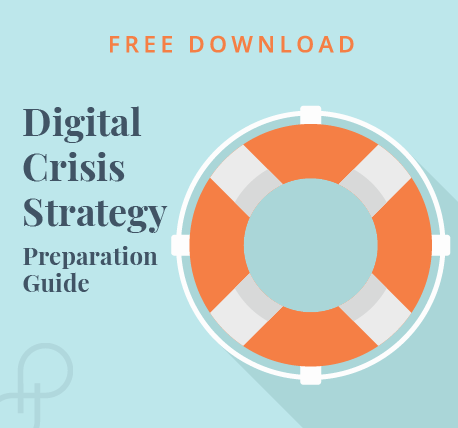
It’s Not You, It’s Your Brand: How a Rebrand Can Help Attract Star Employees
It may be easy to think about rebranding your company when it comes to bringing in more customers – but have you considered that your current brand might be keeping potential employees away?
If someone is at the top of their field in talent and experience, they have many choices for where to apply for a job. To get the most qualified candidates, it’s important to put your best foot forward.
Let’s break down why rebranding is a great approach if you want to attract new employees.
You aren’t getting many applications
If the job search sites are inundated with other organizations in your field, it can be tough to stand out among the crowd. Having a brand that catches the eyes of applicants can increase the number of applicants you receive, and therefore improve your options of finding the best employee to meet your needs.
If your job posting has been on the site for a while, it might be time to add some fresh branding – not just your logo, but the way you describe your company and the job listing itself. It’s time to start asking yourself why employees should pick you above some of the other businesses. What sets you apart? Incorporating your uniqueness into your branding is essential for attracting employees.
You aren’t attracting the right type of employees
So maybe you are getting plenty of applications for the position – but none of them seems to be the right match for your company. Not just when it comes to experience and skills, but mission and drive. By having a brand that reflects the things that are important to your organization, you can find potential employees who value the same thing.
Rebranding your company can help you find the best match in the following areas:
- Traditional versus modern – While there is nothing wrong with doing things the way you’ve always done them if that works for you, it might not be the best workplace for someone who yearns for innovation. Or if you are an organization that is doing things differently than those in your industry, you don’t want to attract an employee who might not be comfortable with that type of change.
- Culture – Do you keep things professional in the office – or do you have a more casual workplace setting? Not all employees thrive in the same kind of environment, and branding yourself appropriately will help you find someone that works best in the workplace you’ve created.
- Expectations – Some employees are more productive in a heavily supervised setting, while others see success in self-management. Finding the best employee for your type of management style from the beginning goes a long way toward employee retention.
Be the brand that people want to work for
Even if you rebrand to draw in new customers and create loyalty for your organization, this will also benefit you in finding the best employees. People work for big companies like Disney and Apple not just because they like amusement parks and smartphones. They love the brand and all that it entails. They want to be ambassadors for it.
Building a strong brand takes intention and purposeful action but pays dividends in employee attraction and retention. If your company has an outdated website, mix and match logos, inconsistent marketing, and lacks purpose and values, a comprehensive rebranding process will reignite the passion for your brand with your current employees and attract the right kind of future employees.
Here at Hoyden, we specialize in rebranding. Our team of awesome people is here to help your organization thrive, and we would love the opportunity to work with you.










